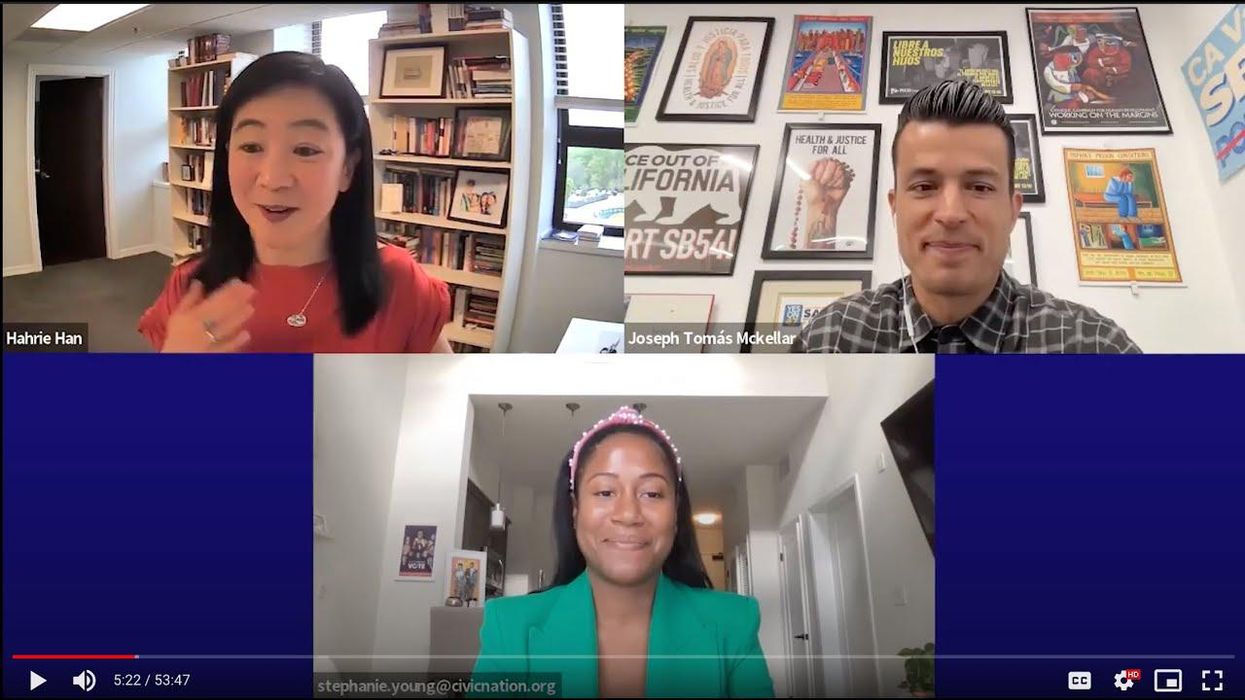This week, we are excited to share a video series featuring panel discussions from the Global Democracy Champions Summit co-hosted by Keseb and the SNF Agora Institute at Johns Hopkins University. We hope this series will spur dialogue and action to advance inclusive democracy in the US and globally.
Today’s featured panel discussion explores how organizers and civil society organizations are building “possible, probable, and powerful” movements across the world to realize more equitable communities.
Moderator: Hahrie Han, Inaugural Director, SNF Agora Institute & Professor, Department of Political Science, Johns Hopkins University
Panelists:
● Joseph Tomás McKellar, Executive Director, PICO California
● Stephanie Young, Executive Director, When We All Vote
Check out the discussion: Building Enduring People Power
We will share one panel discussion from the Summit each day of this week. Come back tomorrow to view “Entrepreneurship as a Vehicle for Building Inclusive, Multigroup Democracy.”
Please visit Keseb and the SNF Agora Institute at Johns Hopkins University to subscribe and receive news of future Democracy Champions opportunities.




















Trump & Hegseth gave Mark Kelly a huge 2028 gift